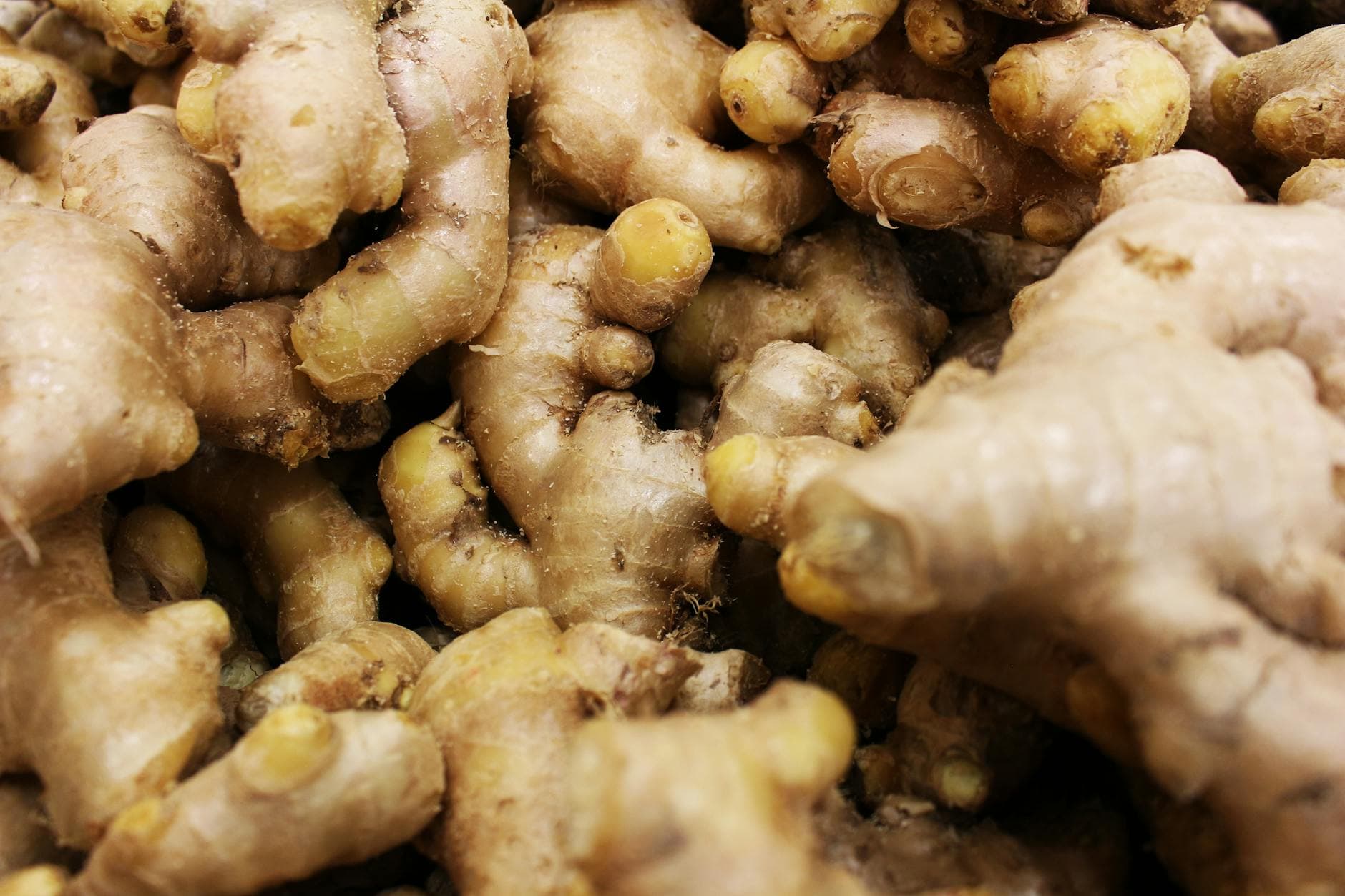Gout, a painful form of inflammatory arthritis, affects millions worldwide. It's characterized by sudden, severe attacks of pain, swelling, redness, and tenderness in one or more joints, most often the big toe. While conventional treatments exist, many individuals seek natural approaches to manage their symptoms and prevent future flare-ups. At Healbal, we believe in empowering you with knowledge about holistic strategies. This article explores the causes of gout and provides evidence-based insights into dietary adjustments, lifestyle changes, and potent herbal remedies that can offer relief and support long-term joint health.
Causes
Gout is primarily caused by hyperuricemia, a condition where there's too much uric acid in the blood. Uric acid is a waste product formed from the breakdown of purines, substances found naturally in the body and in certain foods. When uric acid levels become too high, it can form sharp, needle-like urate crystals in a joint, triggering a sudden and intense inflammatory response. Several factors contribute to hyperuricemia and increase the risk of developing gout:
- Dietary Choices: Consuming high-purine foods (red meat, organ meats, some seafood like anchovies, sardines, mussels, scallops) and fructose-rich beverages (soda, fruit juices) can significantly elevate uric acid levels. Alcohol, especially beer and spirits, also interferes with uric acid excretion.
- Obesity and Metabolic Syndrome: Being overweight or obese increases the body's production of uric acid and reduces its excretion. Metabolic syndrome, a cluster of conditions including high blood pressure, high blood sugar, and excess body fat around the waist, is also strongly linked to gout.
- Medical Conditions: Certain health issues like kidney disease (which impairs uric acid excretion), untreated high blood pressure, diabetes, and hypothyroidism can increase the risk.
- Genetics: A family history of gout can predispose individuals to the condition, suggesting a genetic component to uric acid metabolism.
- Medications: Some medications, such as thiazide diuretics (often used for high blood pressure), low-dose aspirin, and certain immunosuppressants, can increase uric acid levels.
- Dehydration: Insufficient water intake can concentrate uric acid in the body, making crystal formation more likely.
Symptoms
Gout attacks typically come on suddenly, often at night, and can be excruciatingly painful. Recognizing the symptoms is crucial for prompt management. If you experience these symptoms persistently or severely, it's important to consult a healthcare professional for an accurate diagnosis and personalized treatment plan.
- Intense Joint Pain: The most common symptom is severe pain, often affecting the big toe, but it can also occur in the ankles, knees, elbows, wrists, and fingers. The pain is usually most severe within the first 4-12 hours of onset.
- Inflammation and Redness: The affected joint becomes swollen, tender, and noticeably red.
- Warmth: The skin over the affected joint may feel hot to the touch.
- Tenderness: Even a light touch or the weight of a bedsheet can be intolerable.
- Lingering Discomfort: After the most severe pain subsides, some joint discomfort may last for days or weeks. Subsequent attacks are often more prolonged and affect more joints.
- Limited Range of Motion: As gout progresses, you may find it difficult to move the affected joint normally.
- Tophi (Chronic Gout): In cases of chronic gout, untreated hyperuricemia can lead to the formation of small, hard lumps of urate crystals under the skin around joints, known as tophi. These can be painless but can cause joint damage and deformity.
When to See a Doctor: You should consult a doctor if you experience sudden, intense joint pain. Untreated gout can lead to worsening pain, joint damage, and kidney stones. If you have a fever and your joint is hot and inflamed, seek medical attention immediately, as this could be a sign of infection.
Natural Remedies
Managing gout naturally involves a comprehensive approach that addresses diet, hydration, and lifestyle to reduce uric acid levels and prevent inflammation. These strategies complement conventional care and empower you to take an active role in your health.
- Hydration is Key: Drinking plenty of water helps your kidneys flush out excess uric acid, reducing the risk of crystal formation. Aim for at least 8-10 glasses of water daily.
- Limit High-Purine Foods: Reduce your intake of red meat, organ meats (liver, kidney), and certain seafood (sardines, anchovies, mussels, scallops). While some vegetables contain purines, they generally don't raise uric acid levels as significantly as animal sources.
- Avoid Fructose and Sugary Drinks: Fructose metabolism can increase uric acid production. Steer clear of sodas, fruit juices with added sugar, and foods high in high-fructose corn syrup.
- Moderate Alcohol Consumption: Alcohol, especially beer, can increase uric acid production and hinder its excretion. Limit or avoid alcohol, particularly during flare-ups.
- Embrace Vitamin C-Rich Foods: Studies suggest that vitamin C may help lower uric acid levels. Include citrus fruits, strawberries, bell peppers, and kiwi in your diet.
- Cherries and Cherry Juice: Tart cherries (Prunus cerasus) have anti-inflammatory properties and may help reduce uric acid. Incorporate fresh cherries or unsweetened tart cherry juice into your daily routine.
- Weight Management: Losing excess weight can significantly lower uric acid levels. Focus on gradual, sustainable weight loss through a balanced diet and regular exercise, as rapid weight loss can sometimes trigger gout attacks.
- Regular Exercise: Physical activity can help maintain a healthy weight and improve overall metabolic health, contributing to better uric acid regulation.
- Stress Reduction: Stress can exacerbate inflammatory conditions. Practices like yoga, meditation, and deep breathing can help manage stress levels.
Herbal Treatments
Certain herbs have been traditionally used and are being studied for their potential to help manage gout symptoms by reducing inflammation, aiding uric acid excretion, or providing pain relief. Always consult your doctor before starting any new herbal treatment, especially if you are on medication or have underlying health conditions, due to potential interactions or contraindications.
- Tart Cherry (Prunus cerasus): Benefits: Rich in anthocyanins, which are powerful antioxidants and anti-inflammatory compounds. Research suggests tart cherry can help lower uric acid levels and reduce the frequency and severity of gout attacks. Usage: Consume fresh tart cherries, unsweetened tart cherry juice (e.g., 1-2 ounces concentrate mixed with water daily), or capsules (follow manufacturer's dosing). Cautions: May cause mild gastrointestinal upset. Potential, though rare, interaction with blood-thinning medications.
- Celery Seed (Apium graveolens): Benefits: Known for its diuretic and anti-inflammatory properties, celery seed may help the body eliminate excess uric acid. It also contains compounds that may offer pain relief. Usage: Celery seed extract, capsules (e.g., 500-1500 mg daily), or as a tea. Cautions: Avoid during pregnancy. May interact with blood thinners, diuretics, and medications for high blood pressure. May increase sun sensitivity.
- Nettle Leaf (Urtica dioica): Benefits: Nettle is a natural diuretic and anti-inflammatory herb that can support kidney function and help flush out uric acid. It also contains compounds that may help reduce pain and swelling. Usage: Nettle tea (infuse 1-2 teaspoons of dried leaf in hot water for 10-15 minutes, 2-3 times daily), tincture, or capsules. Cautions: May interact with blood thinners, diuretics, and medications for diabetes or high blood pressure. Avoid during pregnancy.
- Turmeric (Curcuma longa): Benefits: Contains curcumin, a potent anti-inflammatory compound that can help reduce pain and swelling associated with gout. While not directly lowering uric acid, its anti-inflammatory effects are beneficial during flare-ups. Usage: As a spice in food, standardized curcumin capsules (e.g., 500 mg 2-3 times daily, often with piperine for enhanced absorption). Cautions: May act as a blood thinner; use with caution if on anticoagulant medication. Can cause digestive upset in high doses. Avoid if you have gallstones.
- Ginger (Zingiber officinale): Benefits: A well-known anti-inflammatory and analgesic herb that can help alleviate the pain and swelling of gout attacks. Usage: Fresh ginger tea (slice 1 inch of fresh ginger, steep in hot water for 10 minutes), ginger powder in food, or capsules (e.g., 250-500 mg 2-3 times daily). Cautions: May interact with blood thinners. Can cause heartburn or stomach upset in some individuals.
- Dandelion Leaf (Taraxacum officinale): Benefits: Dandelion leaf is a gentle diuretic that can promote the excretion of excess uric acid through the kidneys. It also supports liver health. Usage: Dandelion leaf tea (infuse 1-2 teaspoons of dried leaf in hot water), tincture, or capsules. Cautions: Avoid if allergic to ragweed or related plants (Asteraceae family). May interact with diuretics and certain antibiotics. Avoid if you have gallstones or bile duct obstruction.
Prevention
Preventing gout flare-ups is largely about consistent adherence to a healthy lifestyle and dietary choices. By making these changes a regular part of your routine, you can significantly reduce your risk and improve your overall well-being:
- Maintain Optimal Hydration: Consistent water intake is paramount for flushing uric acid.
- Adopt a Gout-Friendly Diet: Focus on whole, unprocessed foods. Prioritize fruits (especially cherries), vegetables, whole grains, and lean proteins. Limit high-purine meats, seafood, and sugary beverages.
- Manage Weight Sensibly: Achieve and maintain a healthy body weight through gradual, sustainable changes to diet and exercise.
- Limit Alcohol: Reduce or eliminate alcohol, particularly beer and spirits, which are known triggers.
- Regular Physical Activity: Engage in moderate exercise most days of the week to support overall health and weight management.
- Monitor Medications: Discuss all your medications with your doctor to identify any that might contribute to elevated uric acid levels and explore alternatives if possible.
- Regular Check-ups: Work with your healthcare provider to monitor uric acid levels and adjust your management plan as needed.
Remember, while natural remedies can be highly beneficial, they are best used as part of a comprehensive approach under the guidance of a healthcare professional. Consistency and commitment to these strategies are key to long-term gout management and prevention.









